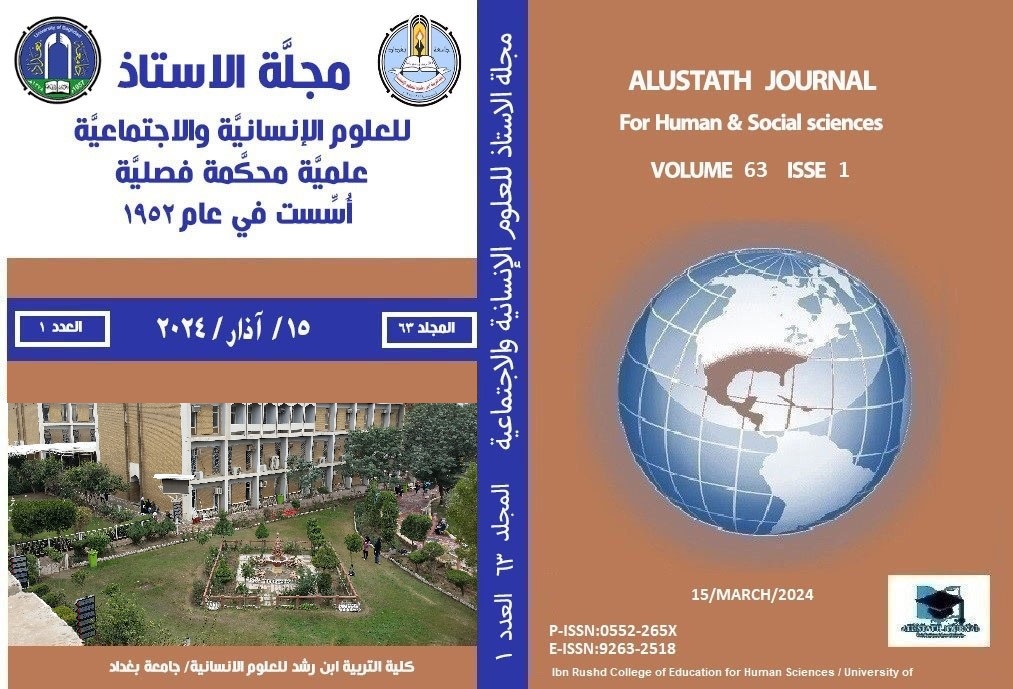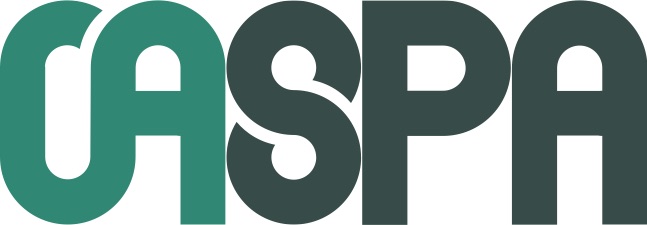دراسة تداولية للسخرية في البرامج التلفزيونية
DOI:
https://doi.org/10.36473/4j1cpb31الكلمات المفتاحية:
دراسة تداولية . السخرية . البرامج التلفزيونيةالملخص
تعتبر دراسة السخرية اللفظية شكلاً معقدًا من أشكال التواصل الذي يعتمد على مجموعة متنوعة من الجوانب السياقية والضمنية والقائمة على النية. يوفر النموذج القائم على اللغة إطارًا منظمًا لتشريح استخدام العرض للسخرية، مما يسمح للمشاهدين بتقدير التفاعل الدقيق بين اللغة والسياق وديناميكيات الشخصية التي تجعل من "الأصدقاء" مسلسلًا هزليًا خالدًا ومحبوبًا. وجدت الدراسة أن البراغماتية والسخرية مترابطتان من خلال مفاهيم مثل التفسير السياقي، والتضمين، والاستهزاء بالقواعد، والنبرة والتجويد، والافتراضات، واستراتيجيات المداراة. غالبًا ما يعتمد فهم السخرية على البراغماتية لأنها تتضمن السياق والمعاني الضمنية ونوايا المتحدث. وخلصت الدراسة إلى أن مسلسل "الأصدقاء" يستخدم بشكل فعال السخرية اللفظية لتعزيز الفكاهة وتعميق ديناميكيات الشخصية ونقل المشاعر الكامنة. يوفر النموذج القائم على اللغة إطارًا منظمًا لتقدير استخدام العرض للسخرية.
التنزيلات
المراجع
Asher, N., & Lascarides, A. (1998). The semantics and pragmatics of presupposition. Journal of semantics, 15(3), 239-300.
Austin, J. (1955/62). How to do things with words, 1955 William James Lectures, Harvard, published 1962. (Oxford: Clarendon Press)
Bach, K. (1994). Semantic slack: What is said and more. (In S. Tsohatzidis (Ed.), Foundations of speech act theory (pp. 267-291). London and New York: Routledge.)
Bach, K. (1997). The semantics/pragmatics distinction: What it is and why it matters. Linguistische Berichte, Sonderheft 8, 33-50
Blakemore, D. (1987). Semantic constraints on relevance. (Oxford: Blackwell)
Blakemore, D. (2002). Relevance and linguistic meaning: The semantics and pragmatics of discourse markers. (Cambridge: Cambridge University Press)
Cappelen, H. & Lepore, E. (2007). Relevance theory and shared content. (In N. Burton-Roberts (Ed.), Advances in pragmatics. Basingstoke: Palgrave Macmillan.) Cappelen, H. & Lepore, E. (forthcoming). The myth of unarticulated constituents. (In
Carston, R. 2004. Relevance theory and the saying/implicating distinction. (In L. Horn & G. Ward (Eds.), The handbook of pragmatics (pp. 633-656). Oxford: Blackwell.)
Colston, H. L., & O'Brien, J. (2000). Contrast of kind versus contrast of magnitude: The pragmatic accomplishments of irony and hyperbole. Discourse processes, 30(2), 179-199.
Garmendia, J. (2018). Irony. Cambridge University Press.
G. Peter (Eds.), Content and context: Essays on semantics and pragmatics. Oxford: Oxford University Press.)
Grice, H. P. (1989). Studies in the way of words. (Cambridge, Mass.: Harvard University Press)
Grice, H. P. (1975). Logic and conversation. In Speech acts (pp. 41-58). Brill.
Hyland, K. (1998). Persuasion and context: The pragmatics of academic metadiscourse. Journal of pragmatics, 30(4), 437-455.
Iten, C. (2005). Linguistic meaning, truth conditions and relevance: The case of concessives. (Basingstoke: Palgrave Macmillan)
Levinson, S. (2000). Presumptive meanings: The theory of generalized conversational implicature. (Cambridge, Mass.: MIT Press)
MacFarlane, J. (2005). Making sense of relative truth. Proceedings of the Aristotelian Society, 105, 321-339.
Neale, S. (2003). What do we want? Ms (Chapter of Neale, S. forthcoming. Linguistic Pragmatism.)
Searle, John R. Speech acts: An essay in the philosophy of language. Vol. 626. Cambridge university press, 1969.
Wharton, T. (2003). Natural pragmatics and natural codes. Mind & Language, 18, 447-477
Wilson, D. & Sperber, D. (2004). Relevance theory. (In L. Horn & G. Ward (Eds.), The handbook of pragmatics (pp. 607-632). Oxford: Blackwell.)
Searle, J. R., Kiefer, F., & Bierwisch, M. (Eds.). (1980). Speech act theory and pragmatics (Vol. 10). Dordrecht: D. Reidel.
Thomas, J. (1997). Conversational maxims. Concise encyclopedia of philosophy of language, 517-518.
Wierzbicka, A. (2003). Cross-cultural pragmatics: The semantics of human interaction. Mouton de Gruyter.
Wilson, D. (2006). The pragmatics of verbal irony: Echo or pretence?. Lingua, 116(10), 1722-1743.
التنزيلات
منشور
إصدار
القسم
الرخصة
الحقوق الفكرية (c) 2024 عبد الكريم جميل

هذا العمل مرخص بموجب Creative Commons Attribution 4.0 International License.











